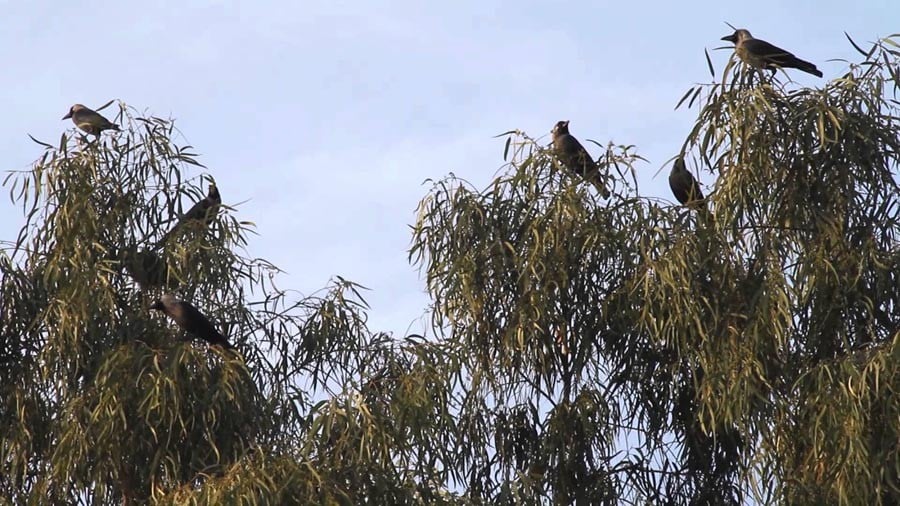
Birds have always dominated imagery representing freedom. Yet, humans have condemned them to the skiess

Back in Lahore, the day would close with the same refrain: the ominous chirping of birds at the break of dawn. For more than two decades, each time this happened, my sister and I tossed the same sentence at each other: "Today is over." The truth was that there never were enough hours in the day to do all that we wanted to or had planned on doing.
As I write this piece from the well-lit city of London, the birds have already begun sounding their alarms late in the evening here: "Today is over… Today is over… Today is over…"
My disappointment at my humanness is only superseded by the horror that these birds perhaps can no longer tell night from day. And their disorientation is infectious. It penetrates straight into the marrow of your bones. One day seems to morph into the next without much consideration for systematic progression. The hours don’t make sense; time, largely, doesn’t make sense. There is, after all, something very eerie about birds chirping in the dark of the night. It doesn’t seem right. Was Werner Herzog then really onto something when he cynically remarked that the birds were "in misery, they didn’t sing, they just screeched in pain"? Should we, in this context, reserve in our consciousness the same spot for birdsong that we keep for the wailing siren of an ambulance?
While one may marvel at the charming sounds emitted by songbirds especially given that this is an unexpected time for them to arrive in London, one cannot help but ponder over the violence inflicted upon these creatures and the romanticisation of that violence. Imagine someone seeking an aesthetic pleasure in your misery.
In Lahore, crows, depicted in most cultures as birds of ill omen, have perhaps pulled through the environmental assault the best while other birds like sparrows and parrots, for instance, have become rarities. In a way, this reality is representative of the fatigue that has set in in the ‘City of Gardens’. Lahore seems to be losing its vivaciousness, its trees and their cheerful dwellers.
Birds, creatures armed with the magical power of flight, have always dominated imagery representing freedom. Yet, it has become increasingly apparent that humans, unwilling as they are to share space, have condemned them to the skies. As the weather gets colder here in London, the trees appear empty and unloved, and the shehr will grow as callous and unjust as Munir Niazi thought it to be. As the day inches towards an end, the birds sing songs of melancholy while the audience largely concern themselves with musicality:
Phirte hain misl e mauj e hawa shehr shehr mein
Awargi ki leher hai aur hum hain doston
Shaam e alam dhali toh chali dard ki hawa
Raton ka pichhla peher hai aur hum hain doston
Ankhon mein urr rahi hai luti mehfilon ki dhool
Ibrat sara e dehar hai aur hum hain doston